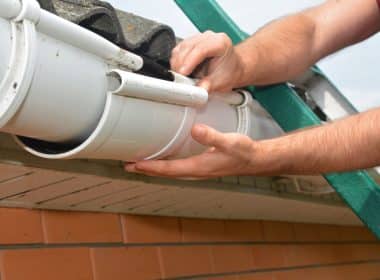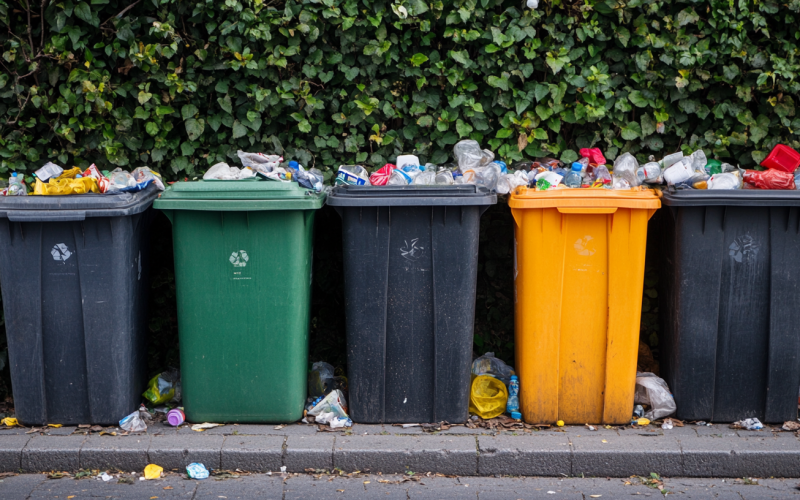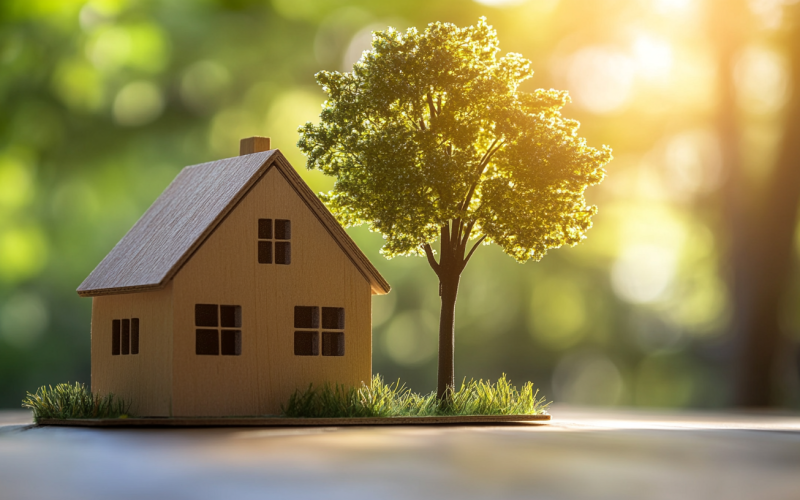As we urbanize and consume more, waste will increase. This is a direct result of our consumption patterns. A few waste tips for household waste go a long way to ensure good waste management at home, reducing the need to dispose of excess waste.
In our modern world, sustainable resource management means household waste management and recycling. It’s a practice that is adopted in many settings, like homes, businesses, schools and hotels, among others. It’s a way of handling waste properly, thereby reducing waste and its environmental impacts and increasing resource recovery for a sustainable future.
If you manage your own household waste, you are contributing to a cleaner and greener earth and looking for ways to save on disposal costs. Every little you do towards garbage control can make a big impact on your community and environment. Even the smallest steps in waste management can make a big difference to a more sustainable world for all.
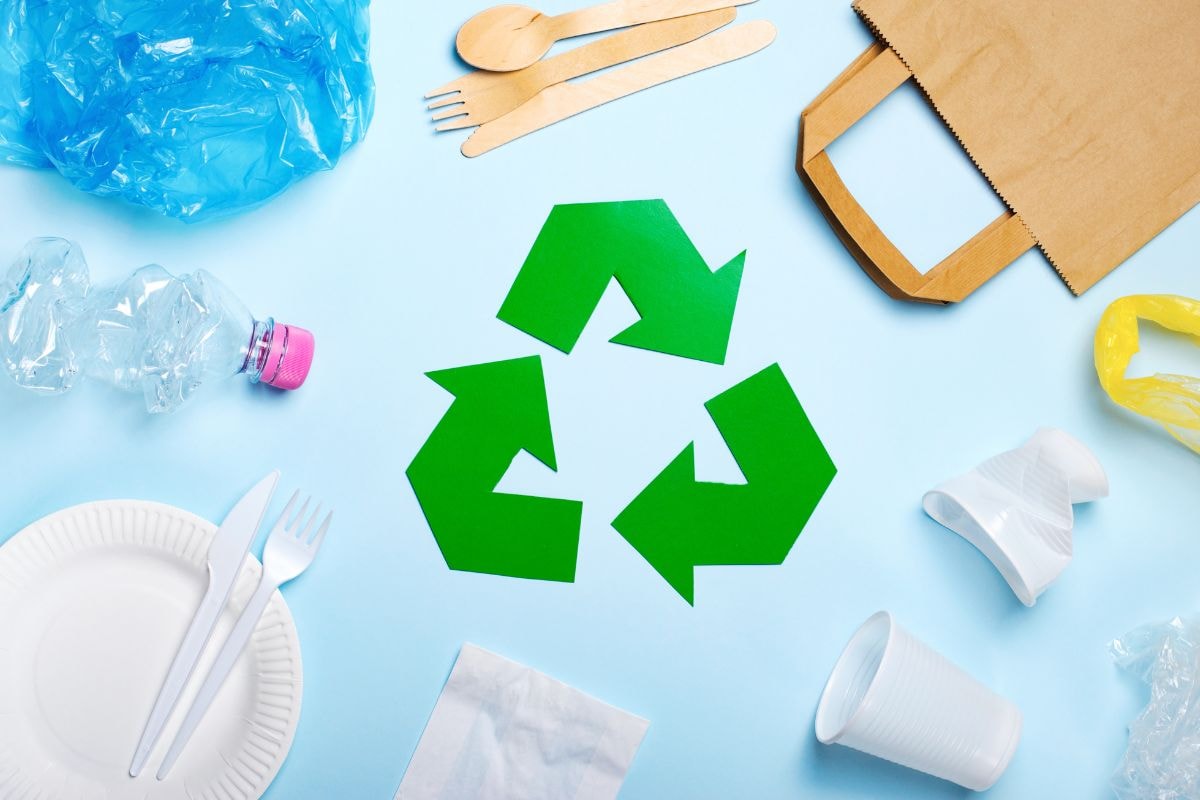
What are the Types of Waste at Home?
Do you know that you can classify household waste into 5 types of waste management?
Liquid Waste
In homes, liquid waste is the most common and includes dirty water, detergents, organic liquids, wastewater and stormwater. Note that you can classify liquid waste into point-source and nonpoint-source. Point-source liquid waste is those coming from industries, while natural liquid waste falls under non-point-source. If you want your household liquid waste to be disposed of properly, contact professional waste removers. Homeowners also use washing machine water, known as “grey water” for gardening and other things. A good waste tip for household soaps, especially those made from natural ingredients, is to reuse it for other purposes or create your own unique soap from the scraps.
Solid waste
This includes rubbish that households and commercial and industrial establishments throw away. We classify Solid Waste in waste management into four groups:
Plastic Waste
We use plastics in homes, hospitals, schools and businesses for its many benefits. However, some plastics are recyclable and should not be thrown with other household garbage as they are non-biodegradable.
Paper Waste
Newspapers, cardboard boxes and food packages fall under this category. Paper-based waste materials are ideal for recycling, and you could also collect the recycled and reuse it in the following ways:
- Arts and Crafts Materials.
- Packaging Materials.
- Gift Wrapping.
- Pet Bedding or substrate.
- Compost.
Tins
Tins are easy to recycle. Cans are present in many forms in your home, like small oil containers you use in the kitchen or food tins. They pile up in your home when you don’t throw away tins or metals.
Those old food containers and empty soft drink cans are ideal for collection and recycling. Similarly, tins are ideal for repurposing into items, such as stationery holders, or storage for small accessories.
Glass and Ceramics
If you want to recycle your glass and ceramics, invest in recycling bins and bottle banks for your home to make this possible. These materials are very recyclable. So don’t just throw them away. Make sure they’re disposed of properly in the right recycling bin.
Organic Waste
Organic waste means household day-to-day garbage like food scraps, garden refuse, rotten meat or leaf mould. Landfills are breeding sites for microorganisms that produce methane. These characteristics make them unsuitable for treatment, like regular waste. This type of waste goes into the green bin or garden bag. Similarly, you could use kitchen scraps as compost by investing in a compost bin or creating a composted side heap in your garden.
Recyclable Waste
Recyclable waste means reusing many materials rather than throwing them away. This category includes paper products, organic waste, metals, glasses and all wooden kitchen materials. Try not to discard these types of waste, but rather organize them for recycling.
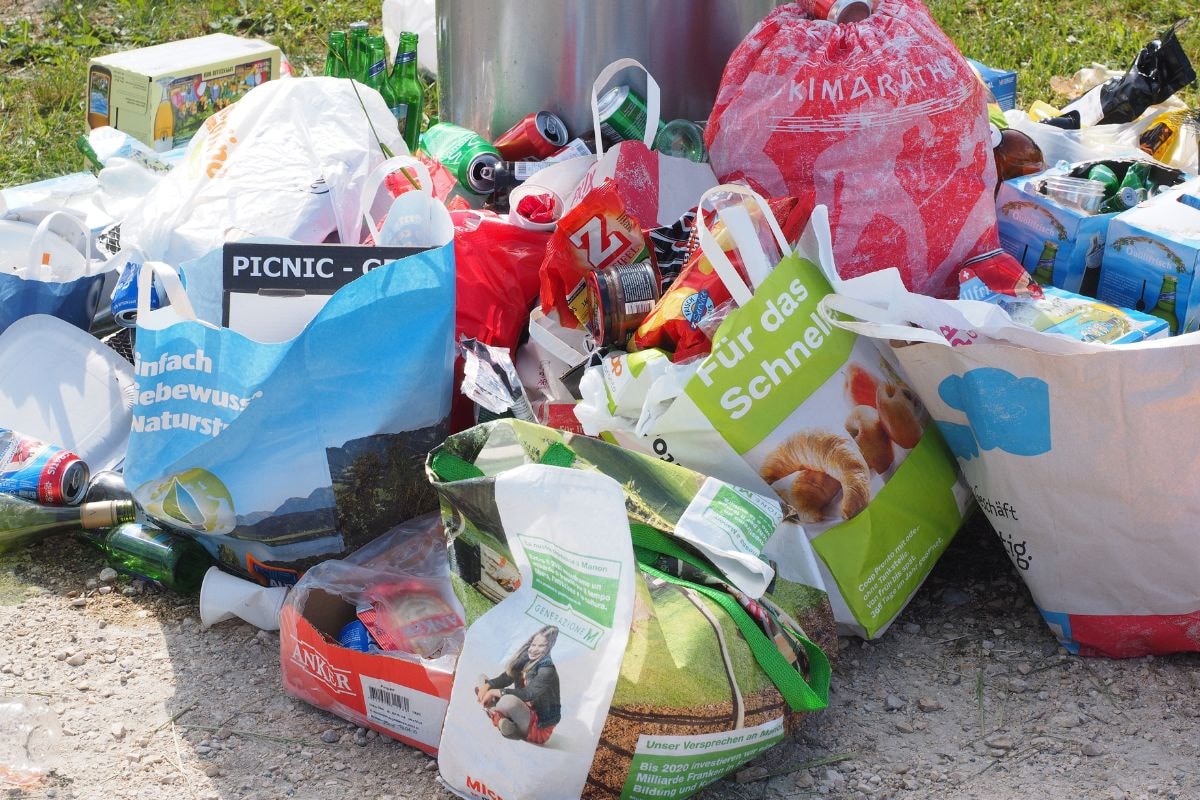
Hazardous Waste
Hazardous waste is materials described as flammable, toxic or reactive chemicals that can affect human health and the environment. Proper disposal should be done and never be handled carelessly at home. It’s best to contact a professional waste removal service that handles hazardous materials for safe disposal.
Waste management is a must in keeping our environment clean and our homes clean.
Here are a few waste tips for household waste management:
8 Waste Tips for Household Waste Management
If you want to manage household and business waste effectively, the focus should be on reducing the waste you generate first. By reducing waste, you’ll get environmental and financial benefits, and that’s the foundation of any waste management plan. Once you’ve minimized your waste, the next is to manage and recycle what’s left.
Thus, here are a few tips to help you reduce the waste you generate and manage household waste:
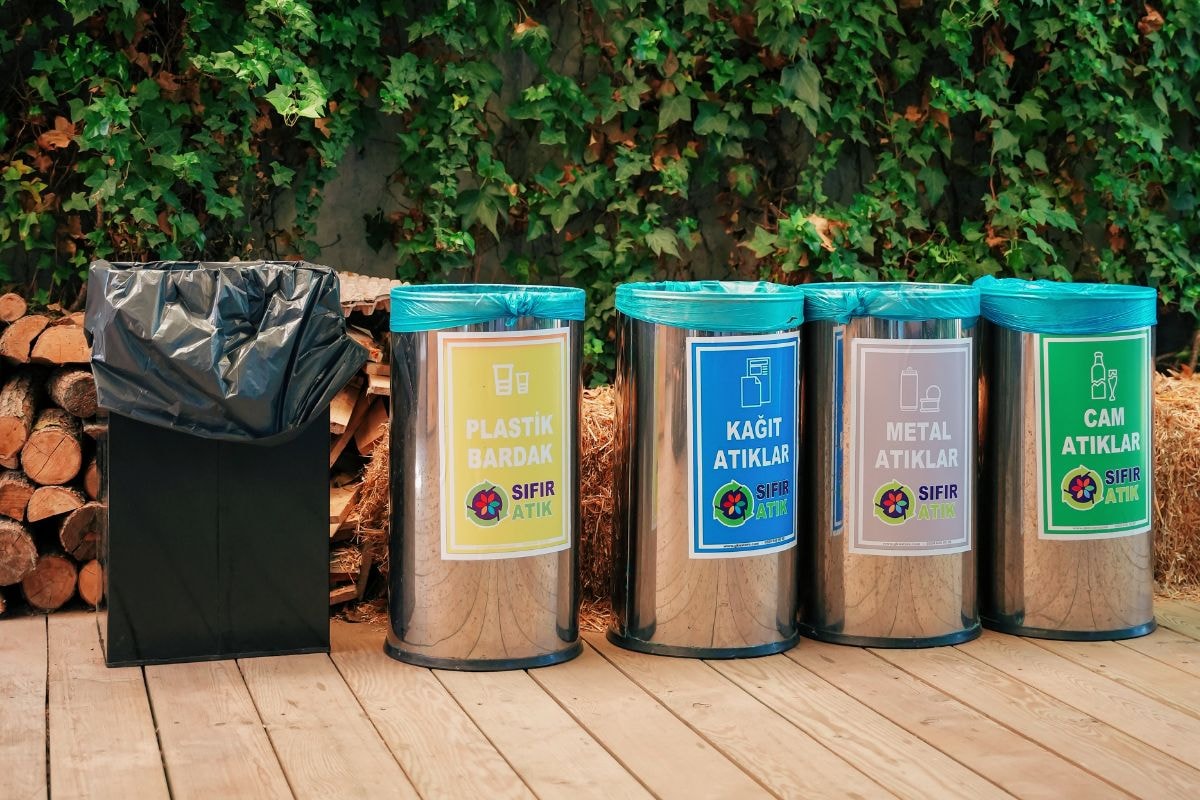
Use Plastic Alternatives
Plastic waste is a big problem because it’s non-recyclable. To address this, use reusable shopping bags when you go to the grocery. Instead of plastic containers for food storage, use glass or stainless steel. These alternatives are good for your health and your family’s health and also good for the environment by reducing plastic pollution.
Choose Eco-Friendly Materials
Sustainable materials are key to balancing our ecosystems. Look for products made from renewable resources that don’t harm the environment. Incorporate items like bamboo, reclaimed wood, natural clay and organic fabrics like linen and wool in your home. These materials are not only eco-friendly but also more durable and beautiful.
Buy Groceries with Minimal Packaging
When buying groceries, look for bulk sections where you can buy staples like grains and legumes without excessive plastic packaging. This way, you’ll reduce waste and encourage yourself to choose products with minimal or no packaging. For example, choose toothpaste in a recyclable tube instead of a box which will decrease the waste in your household.
Compost Food Waste
Composting is a great way to manage organic waste and enrich your garden. Invest in a good compost bin to turn kitchen scraps and yard waste into compost. This will reduce the amount of waste that goes to landfills and give you a natural fertilizer that will help your plants and vegetables grow.
Make Your Own Cosmetic and Cleaning Products
Make your own soap and cleaning products: Many commercial detergents and cleaning agents come in non-recyclable plastic containers. By making your own laundry soaps, bathroom cleaners and other detergents at home, you’ll reduce plastic waste. There are many online resources available that provide recipes and instructions on how to make your own chemical-free cleaning solutions.
Go Digital and Save Money
Choose online transactions whenever possible. Instead of receiving physical invoices, ask for electronic copies to be sent to your email. When shopping, remind retailers to skip printing your receipt. Also, use digital money transfer methods like NEFT or RTGS to avoid printed chequebooks. This will minimize paper waste and set a good example for the younger generation on proper waste management.
Donate Items
Take time to donate items that are still in good condition but are no longer needed by you. Schools, orphanages and shelters often accept donations of useful items like clothes, books and toys. Don’t hold on to unnecessary items as they contribute to clutter and complicate waste management.
Recycle to Reduce Waste
Rather than just disposing of household waste, enquire about recycling plants or services in your area. Use the necessary bins or bags for the different recyclable items, such as paper, glass, and tin, and separate these items accordingly. Recycling companies usually pick up recycling bags or bins and empty them at a recycling plant.
In Summary: Review Your Waste Management
To manage your household waste better, take time to review and adjust your systems. Know your waste generation habits, check local recycling options and implement ways to reduce waste. By monitoring your disposal process, and following the waste tips for household waste, you can easily make the necessary changes. Ultimately, you will optimize your waste management and live more sustainably.




